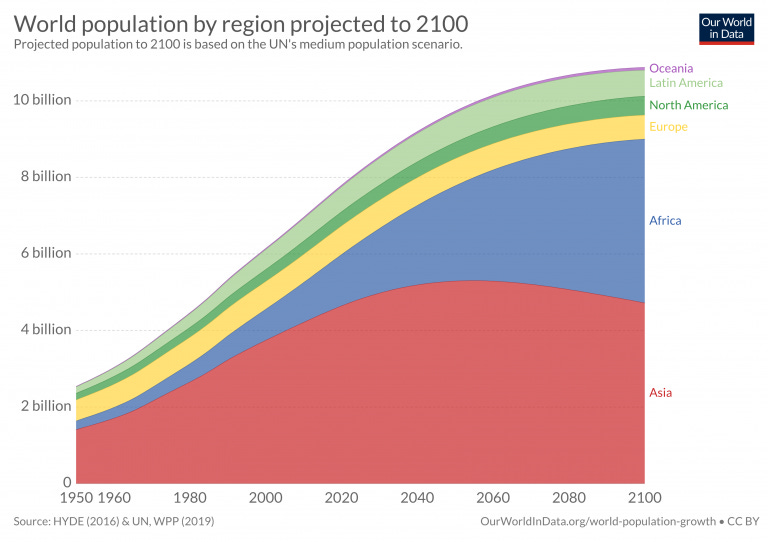Jan 8, 2022
This week on Unsupervised Learning Razib talks with Eric Kaufmann, political scientist and demographer, and the author of The Rise and Fall of Anglo-America, Shall the Religious Inherit the Earth? and Whiteshift: Populism, Immigration, and the Future of White Majorities. During the course of their conversation, Razib and Eric focus on the thesis at the center of Shall the Religious Inherit the Earth?, the prediction that due to the higher reproductive rates of religious groups compared to the secular population, the future is going to be more religious than the present. Eric’s thesis is that aspects of religious belief, for example, the divine commandment in the Hebrew Bible to be “fruitful and multiply,” result in differential fertility on the individual level. On the group level, he notes that poorer societies are more religious, and these societies also are driving migration and demographic change in secular developed countries (for example, London is more church-going than the rest of England, due to large immigrant congregations).
Before digging into the possibilities for future demographics, Razib gets Eric’s opinions and views on the secularization evident across much of the world over the last few centuries. How does this align with the idea that the future will be religious, especially when worries about differential fertility have been mooted as far back as early 19th-century France? At the time, secular French intellectuals worried about the immigration and reproductive rates of highly religious Catholics from Poland and elsewhere. And yet today France is even more secular than it was 200 years ago. Much of the subsequent discussion revolves around the idea that social and cultural change is impacted by alternative forces acting in balance.
Eric emphasizes that the core of his argument does not rely upon the idea of large prominent religious groups expanding through mass conversion. Rather, Shall the Religious Inherit the Earth? argues that fertility differences in the liberal secular societies are going to be impacted in the long-term by small strict endogamous groups, like ultra-Orthodox Jews in England and Israel, or Laestadian Lutherans in Finland. Eric makes the case that these fundamentalist groups benefit from the spread of secular liberalism, as they are more inoculated from the anti-natal currents in the broader populace, driving large differential fertility differences.
Finally, they also touch on what is driving secularism in America, the demographic problems facing Mormons in America, and how secularism might play out differently in South and East Asian societies dominated by non-Abrahamic religions.


